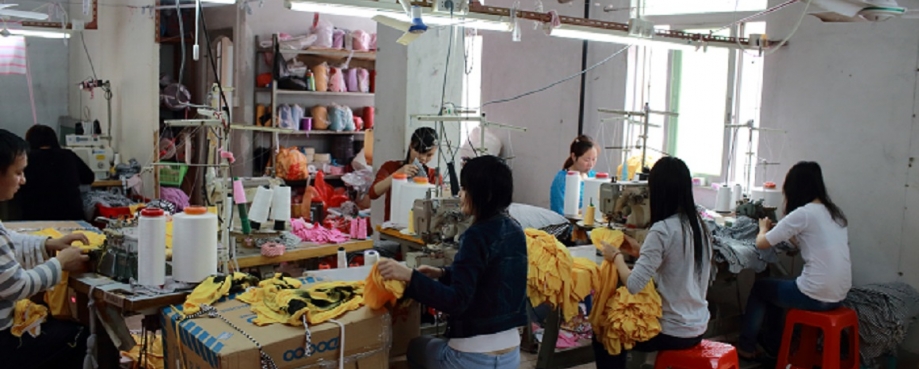
As part of its contribution to understanding the role of business in society and trends related to corporate social responsibility and responsible business practice, ETI has joined with global sustainability network BSR to research the evolution of government-mandated social insurance in China.
In China, social insurance includes the pensions, unemployment benefits, maternity cover, and medical and workplace injury allowances to which companies and individual workers contribute.
Yet despite the existence of national insurance schemes – with the first passed into law in 1951 – less than one-third of China’s workforce of 770 million have a basic pension and only half are enrolled in an insurance scheme. Furthermore, many workers are under-insured.
With millions of workers at or approaching retirement age, concerns and tensions are growing and the Chinese government is seeking to ensure full compliance with the law.
There are several crucial issues that responsible businesses sourcing goods from China must address and these include ensuring that:
- Mandated social insurance costs are met and reflected in purchasing prices.
- Compliance is consistently maintained.
- Corrective action is standardised with any violations by local producers taken seriously and dealt with.
Full research details and recommendations are confidential to those companies that funded the report. However, the research summary, Social Insurance in China, is freely available.
Further information is available from ETI Communications on +00 44 (0)207 841 4350
